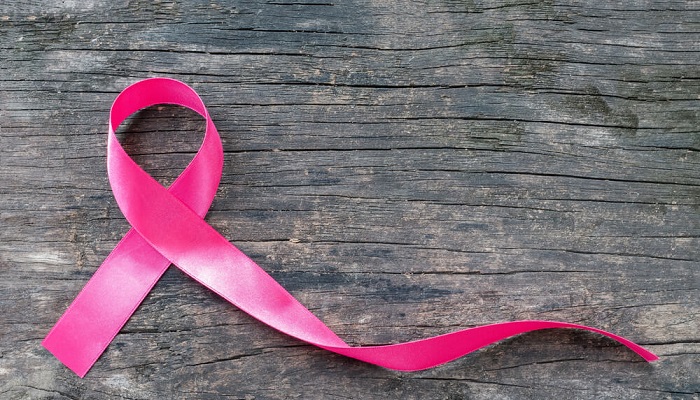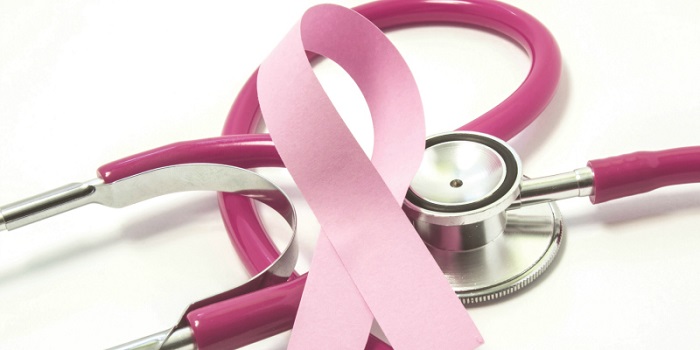
If you have been diagnosed with breast cancer and you are not sure how to handle it, the first thing is to see a medical doctor, preferably an oncologist.
To facilitate the adaptation to this stage, the oncologist will recommend a series of basic indications:
- Ask your doctor for information about procedures for possible side effects and what can be done. This information will allow you to better prepare for treatment.
- Establish rest and self-care routines.
- Follow a balanced diet and do moderate exercise, such as walking 20 minutes a day.
- Practice some relaxation techniques, as they can help you reduce anxiety about treatments and facilitate coping with stressful situations. In addition, doing activities that you like, such as hobbies, games, crafts, hobbies, reading books or magazines can help you distract your attention and improve the level of concentration.
- Spend extra time making decisions. Reflecting on important decisions can help you avoid making rash decisions.
- Learn to recognize signs of stress and put in place strategies to reduce them. If you manage not to focus attention on unpleasant sensations, their intensity will be lower. It can help you to do this, imagine pleasant scenes, perform some relaxing activity, talk with your loved ones, etc.
- Avoid isolation. Although you may have times when you need to be alone, having your loved ones close can help you face the difficulties and worries that may arise throughout this stage, as well as feel more cared for and accompanied.
The importance of Communication
Communication is one of the fundamental aspects of the relationship between people. Proper communication with health personnel and loved ones can be an invaluable help to facilitate both your well-being and your adaptation to the disease. When undergoing your breast cancer treatment Orange County-based offers many health professionals that you can speak with.




